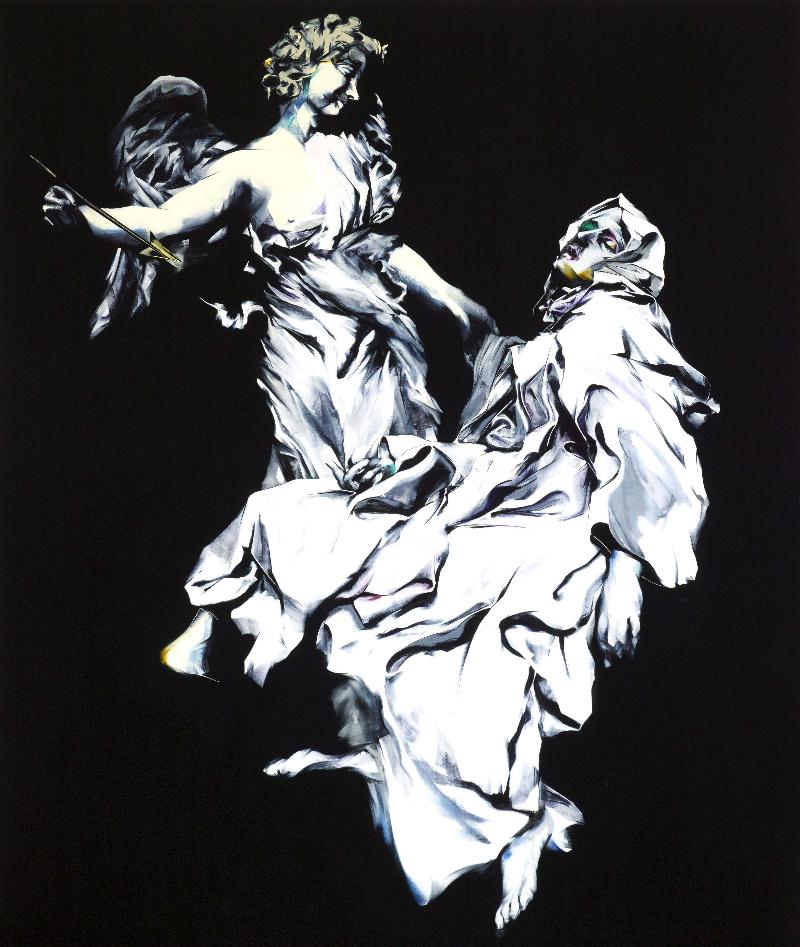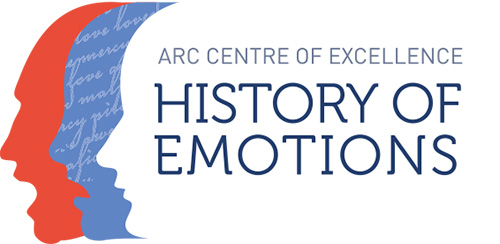Ecstasy: Baroque and Beyond

16 September 2017 – 25 February 2018

Judo House Part 6 (the white bird) 2014–2015
oil on linen
Collection of Art Gallery of New South Wales. Contemporary Collection Benefactors 2015, with the generous assistance of Alenka Tindale, Peter Braithwaite, Anon, Chrissie & Richard Banks, Susan Hipgrave & Edward Waring, Abbey & Andrew McKinnon
Reproduced courtesy of the artist and Yuill|Crowley, Sydney.
Almost four centuries after its creation, Gian Lorenzo Bernini's Ecstasy of Saint Teresa (1652) remains the supreme emblem of religious visionary experience and the Baroque sensibility in art. Understanding ecstasy to encompass states of exaltation beyond the sensuous suffering of Bernini's sculpture, Ecstasy: Baroque and Beyond brings together older depictions of ecstasy with more recent works focused on the transcendence of normal consciousness, including trances, moments of expanded awareness, and visionary insight. From representations of saints and mystics, to dreamscapes and images of bacchanalian revels, this exhibition explores how Baroque style – characterised by exaggeration, high drama, extravagance, frenzy, and excess – continues to inform contemporary art.
Pietro Aquila | Chris Bennie | Anastasia Booth| Louise Bourgeois | Salvador Dali | Audrey Flack | Bill Henson | Petrina Hicks | William Hogarth | Gordon Matta-Clark | Claude Mellan | Nigel Milsom | Girolamo Nerli | Gordon Shepherdson | David Stephenson | Hiromi Tango | David Wadelton
Curator: Andrea Bubenik
Opening
Date: Friday, 15 September
Time: 6:15 for 6:30 pm
Opened by Angela Ndalianis, Professor in Media, Swinburne University of Technology
Hangs
Ep 3: Bri Lee (Hot Chicks with Big Brains) and Matt Ford (Aboriginal Comedy Allstars and ABC Comedy Up Late) chat wildebeests, joyful sinning and the cult of nothing as they tour Ecstasy: Baroque and Beyond. Listen and subscribe here
Publication
Videos
Public programs
Friday, 15 September 5:00 pm
Before the opening, please join us for a conversation between the exhibition curator Dr Andrea Bubenik and Professor Angela Ndalianis, led by Dr Amelia Barikin.
Public Forum: Ecstasy: Art, Literature, Religion, History
Saturday, 16 September 8:30 am–1:00 pm
Speakers include Alastair Blanshard , Andrea Bubenik, Kenneth Chong, Ewan Fernie, Peter Holbrook, Angela Ndalianis, and Simon Palfrey.
UQ History of Emotions Public Lecture in Art History
Thursday, 5 October 6:30 pm
Professor Andrew Leach, The University of Sydney, 'Ecstasy, Agony'.
The Canadian sculptor Stanley Lewis owes his fame, in part, to the acknowledgment given him by the novelist Irving Stone. In the process of writing his forceful depiction of Michelangelo, Stone had been taught by Lewis to “carve marble” in the manner of the Renaissance master, allowing the writer insight into “the thinking and feeling of the sculptor at work.”
Media
Presented in collaboration with the UQ Node, ARC Centre of Excellence for the History of Emotions (Europe 1100–1800).

